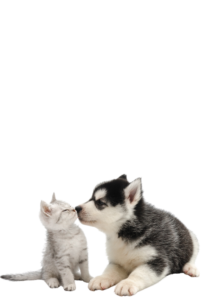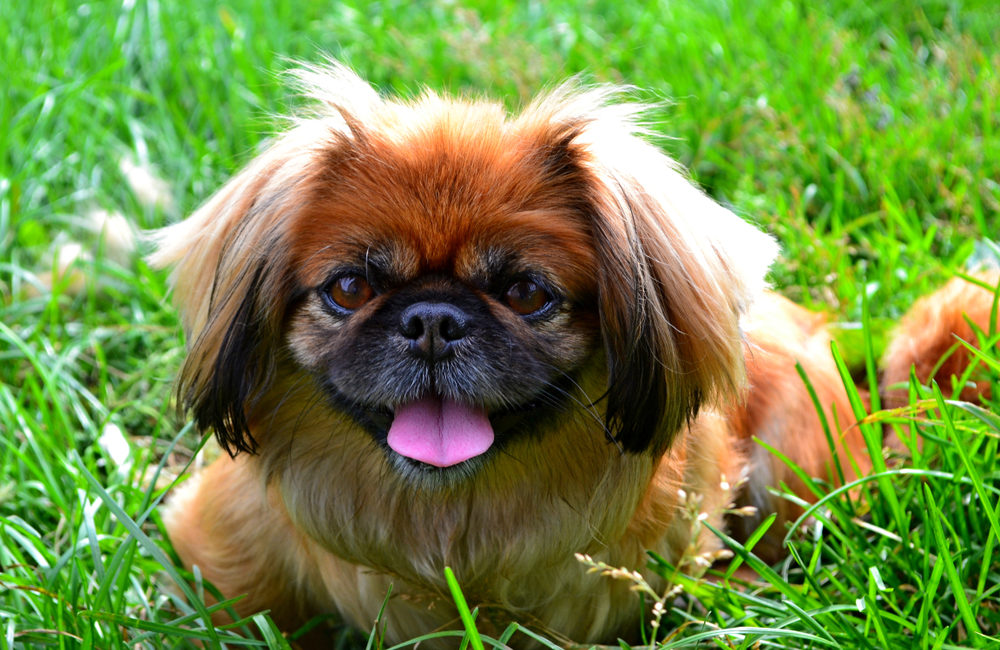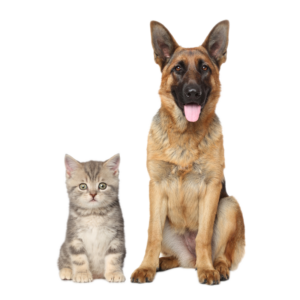The Pekingese originated in China and dates as far back as the Tang Dynasty (618-907). The name Pekingese comes from the city Peking which is now known as Beijing. Pekingese were bred as a companion dog for royalty, and if anyone stole or tried to steal one, they were sentenced to death. In 1860, the British took over the Chinese Imperial Palace and brought home 5 Pekingese for Queen Victoria. The modern-day Pekingese are descendants from these 5 Pekingese. Also called the Lion Dog, the Pekingese is not aggressive and fears nothing. Pekingese are known for being stubborn but are calm and good-tempered and do everything with dignity and grace. The Pekingese is a wonderful loving family dog but can be wary of strangers so early socialization is recommended. If you are considering a Pekingese, be fully aware that grooming will be a huge part of its care. It is suggested to brush once to avoid tangles and matting twice weekly, and bathing is recommended once to twice monthly as needed. Pekingese have skin folds on their faces, so it is best to clean their faces and folds daily to prevent infection. If you are looking for a unique, dignified dog who is devoted to its family, then the Pekingese may be the right breed for you!
Weight:
- Male: 7-12 lbs.
- Female: 7-12 lbs.
- Height:
- Male: 8in.
- Female: 7in.
Features:
- Breed Group: Toy
- Small breed dog
- Lion-like image
- Head large in proportion to body
- Short and thick neck
- Large, wide-set eyes – dark in colour
- Broad, short nose – black in colour
- Flat face
- Heart shaped ears that lie flat on the head
- Stocky, muscular body, surprisingly heavy for its size
- Longer than tall
- High tail, slightly arched and carried well over back
- Thick, straight, double coat
- Coat colours and patterns include: all coat colours and markings
Expectations:
- Exercise requirements: Low <20 mins daily
- Lifespan: 13-15 years
- Affection Level: High
- Energy Level: Low
- Drool Level: Low
- Bark Level: Moderate
- Grooming needs: High
- Shedding Level: High
- Intelligence: High
- Child-Friendly: Low
- Cat-Friendly: High
- Dog-friendly: Moderate
Common Health Problems:
- Brachycephalic airway syndrome
- Intervertebral disc disease
- Eye diseases (including dry eye, glaucoma, and progressive retinal atrophy)
- Patellar luxation
- Cleft Palate
- Fold Dermatitis
- Mitral Valve Disease
- Females often require c-sections as it is very difficult to give birth naturally
Written by: Kylie, CCR



